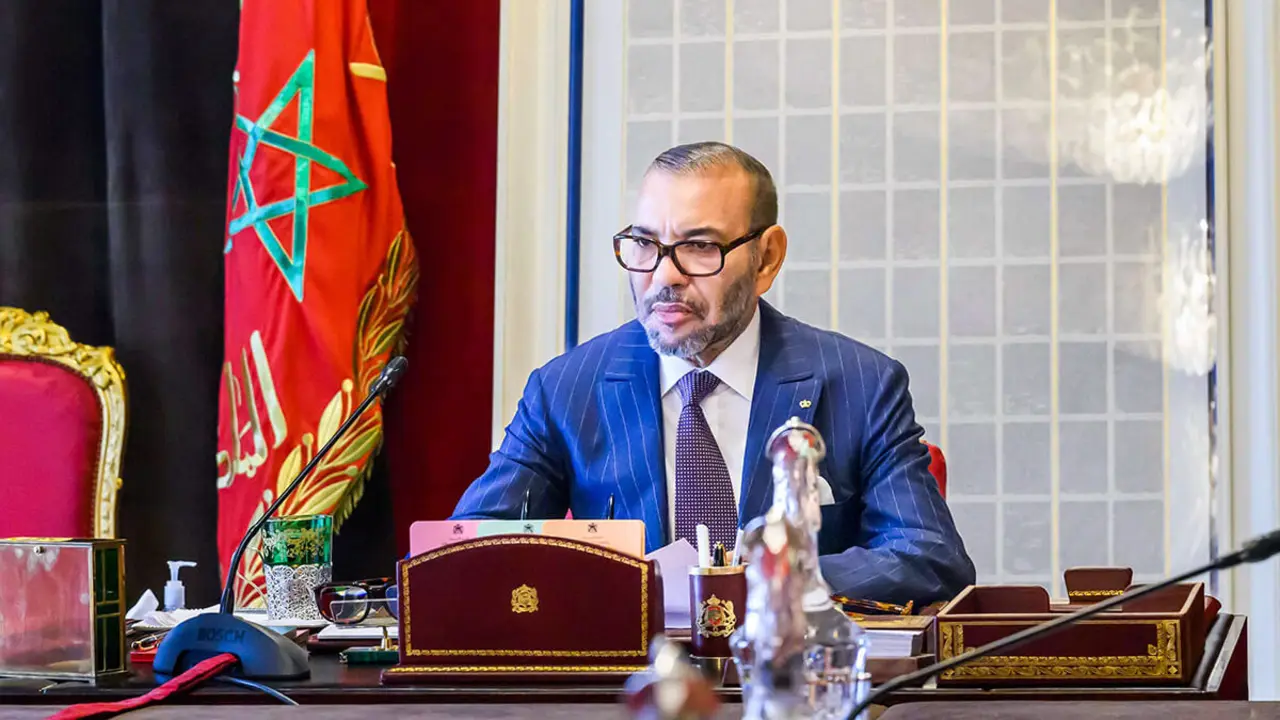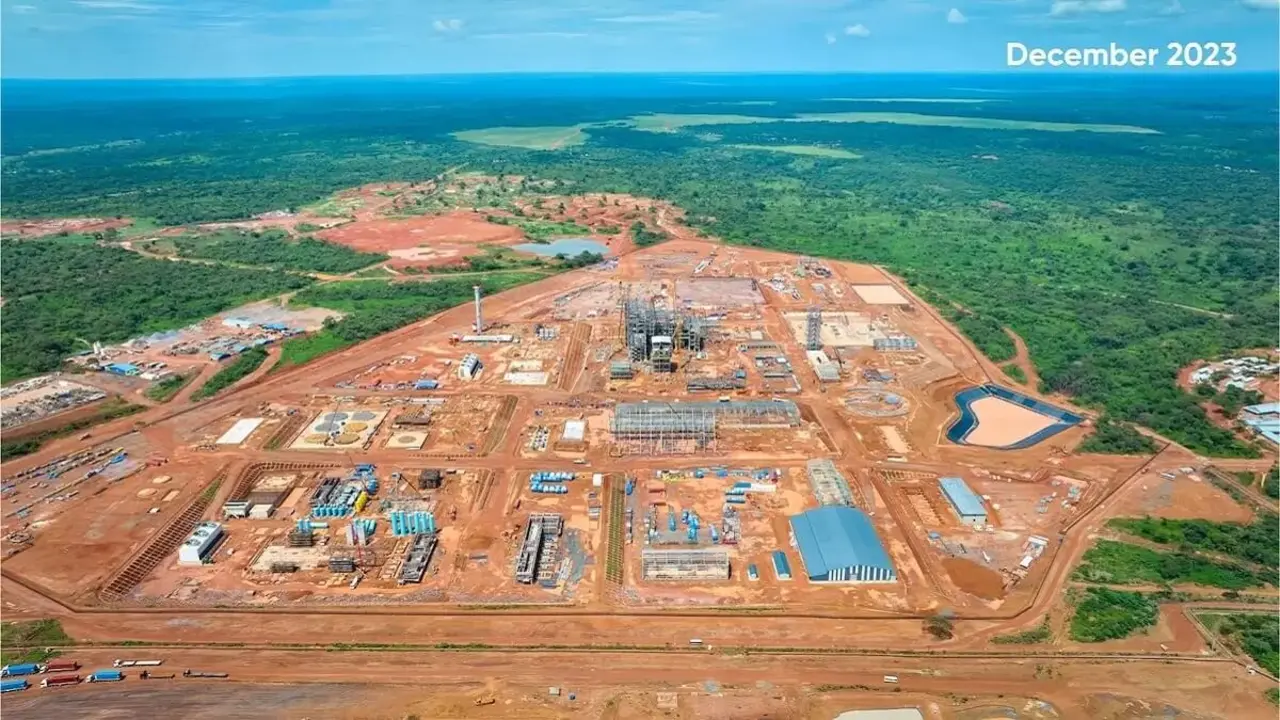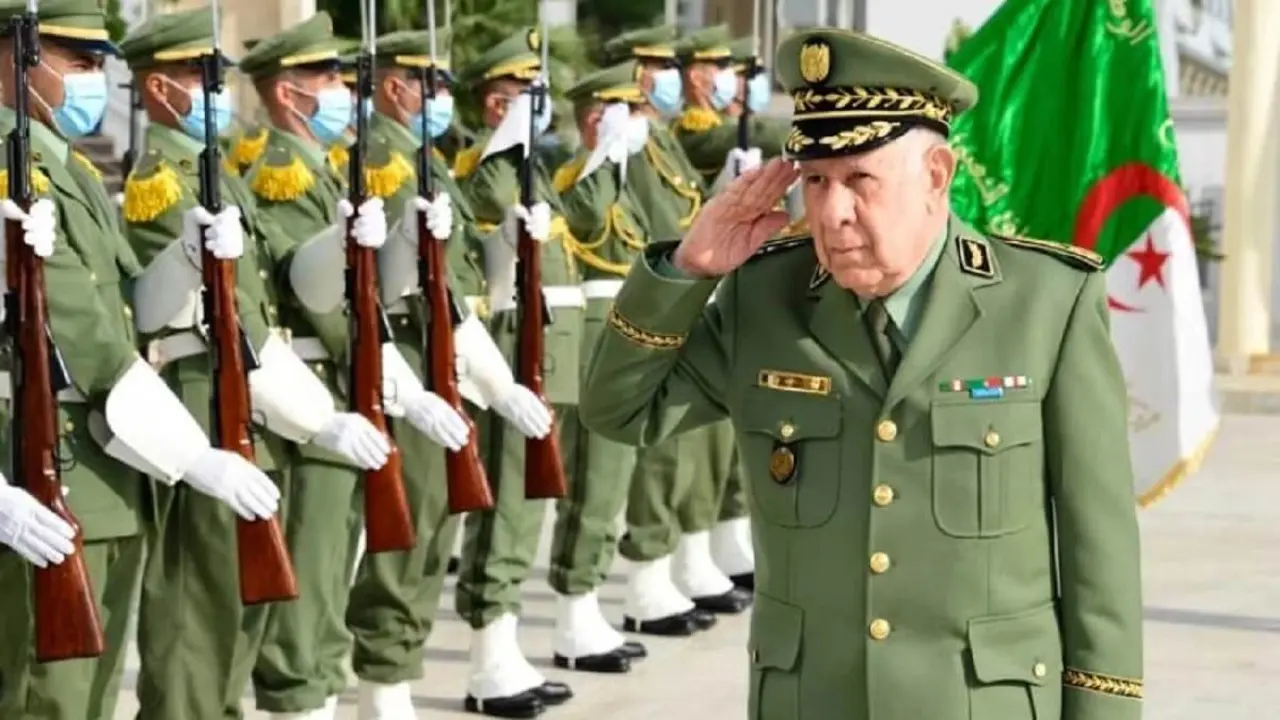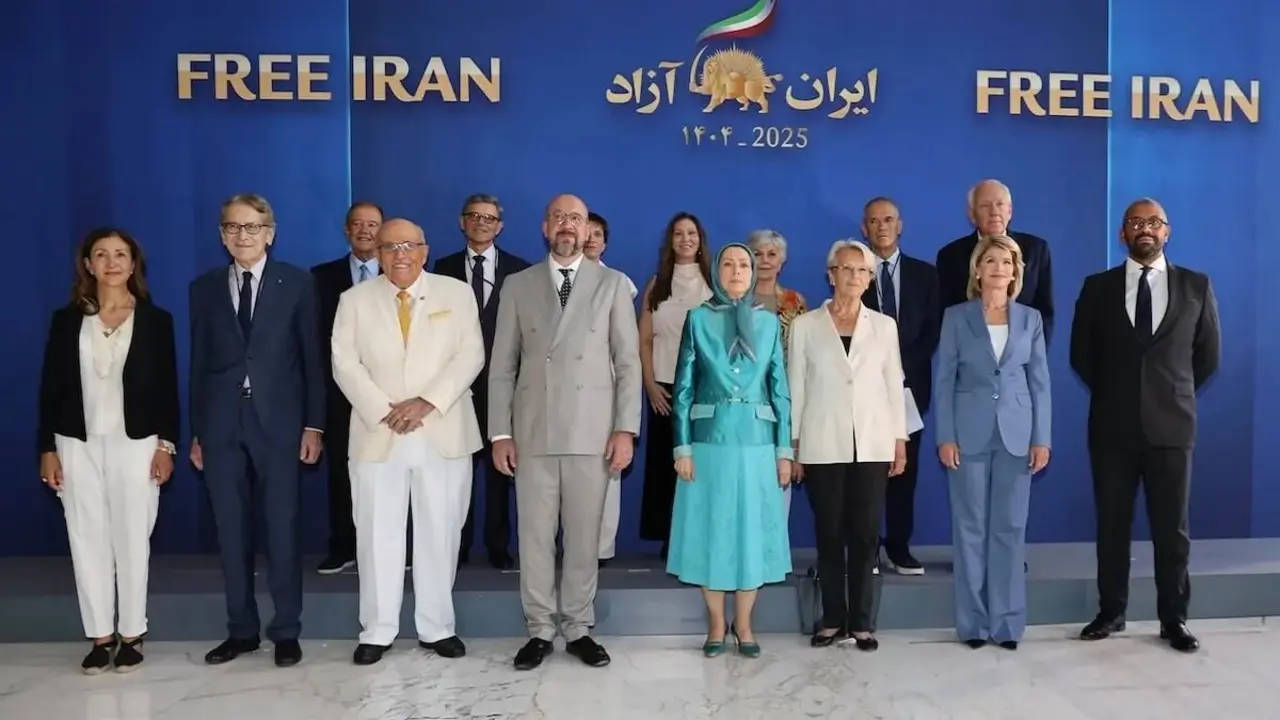Tunisia extends state of emergency by one month
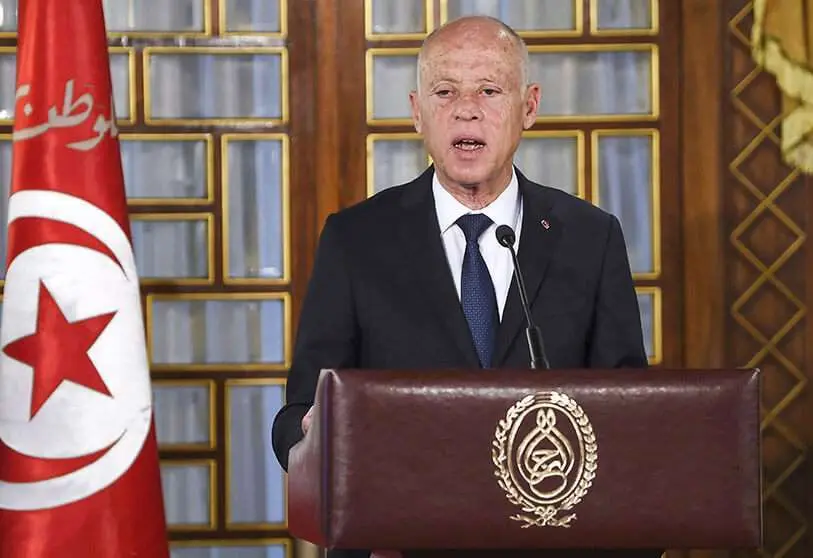
The Tunisian president, Kais Saied, announced a further one-month extension of the state of emergency imposed on the country since November 2015 following the Jihadist attack that claimed the lives of twelve members of the presidential guard in the capital, and which has continued uninterruptedly since then.
When he came to power at the end of 2019, Mr Saied recognised that this measure was "unconstitutional" and undertook to limit it exclusively to the fight against terrorism. The last time it was decreed was last May for a six-month period in the context of the coronavirus health crisis, the official toll of which amounts to 90,000 positive cases and 2,935 deaths.
This initiative grants exceptional powers to the security forces, allowing, among other things, to limit the movement of the population or to ban demonstrations or strikes that could lead to disorder without prior judicial approval.
These prerogatives are "exorbitant," say human rights organisations, which fear a reversal of the progress made since the so-called 'Jasmine Revolution' in 2011, which ended with the flight of the dictator Zinedin el Abedin Ben Ali.
They also denounce "abuses" such as house searches, disruption of cultural events, surveillance of the media and control of their content.
Armed attacks against the Tunisian National Guard have multiplied over the past two years, particularly in the Kasserine area on the border with Algeria, a mountainous area where armed groups from Tunisia and other areas of the Sahel have set up shop following the Arab springs.
Terrorist actions have also increased in the country's capital over the past year, most recently on 2 March when two presumed suicides on a motorbike detonated a device outside the US embassy. Two months earlier, a young woman with a device in her bag committed suicide in front of a couple of police officers on Habib Bourguiba Street, Tunisia's main thoroughfare.
In 2015, Tunisia experienced a chain of three attacks in the capital and in Sousa that took the lives of 72 people, 60 of them foreign tourists and 12 members of the Presidential Guard. The attacks, which wiped out tourism, one of the main industries in a country in the throes of a serious economic crisis, were claimed by a local radical Salafist branch linked to Daesh.

